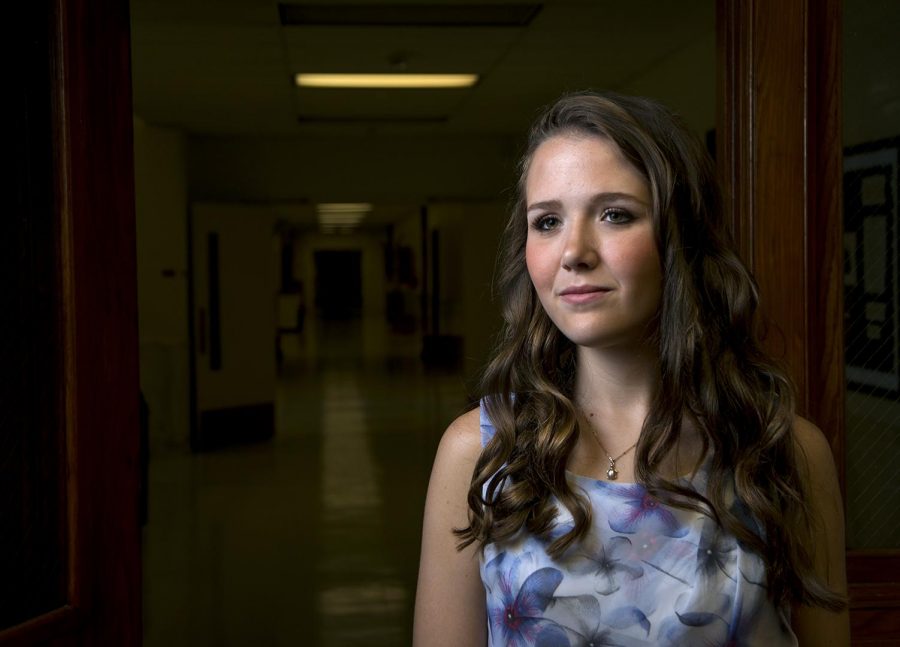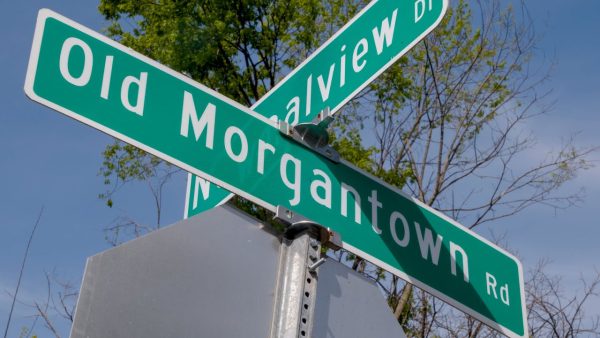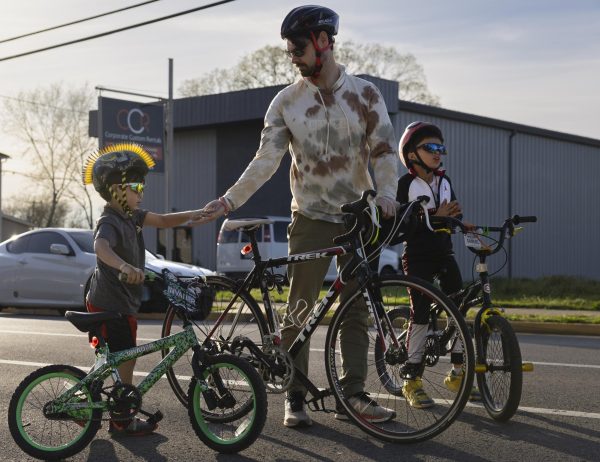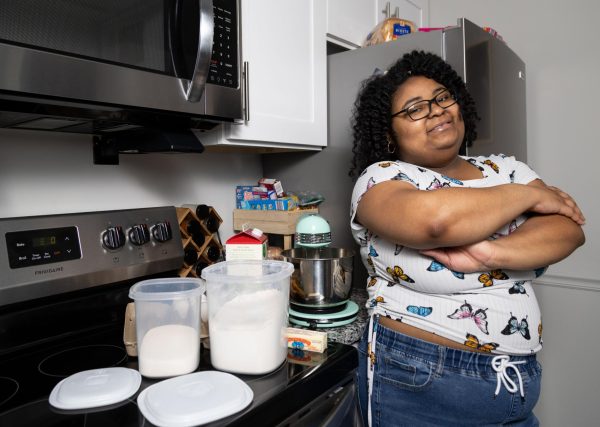Mental illness organization hopes to spread awareness
September 12, 2017
INSPIRING HOPE
Depression and bipolar disorder affect over 21 million Americans, according to the Depression and Bipolar Support Alliance, or DBSA, which manages more than 400 chapters across the country.
Based in Chicago, DBSA is a non-profit organization aimed at providing guidance and support to individuals afflicted by depression or bipolar disorder.
Inspired by a DBSA chapter in Louisville, New Albany sophomore Olivia Eiler worked throughout June and July to create a chapter at WKU, which would make Bowling Green home to the only other DBSA chapter in Kentucky.
“I didn’t want to lose that support system when I came back to school,” Eiler said. “I thought it would be a good opportunity for other students, too, to gain, really, a network of support.”
In order to do so, Eiler had to fill out nearly 40 pages of initial paperwork, file for incorporation as a non-profit and file for affiliation with DBSA, which requires a set of written bylaws and would allow for establishment as a recognized chapter.
Eiler recently sent an amended bylaws document to the DBSA national headquarters and hopes to be recognized as a formal DBSA chapter within weeks.
In order to rent out a meeting space at Downing Student Union, Eiler registered DBSA as a student organization at WKU and recruited a board of directors, which includes herself, Memphis junior Brendan Ward and Lexington sophomore Desherra Bronston.
Now DBSA is formally acknowledged as a student organization within the WKU community, the first meeting will take place this Wednesday from 6:30 p.m. to 7:30 p.m. on the third floor of DSU, room 3007.
Unlike other WKU student organizations concerned with mental health issues that meet once every two weeks, such as the National Alliance for the Mentally Ill, or NAMI, Eiler aims to coordinate weekly DBSA meetings.
“With DBSA I really wanted to offer something every week,” Eiler said. “Every other week is nice, but it’s not enough.”
In order to properly conduct a DBSA meeting, Eiler underwent specific DBSA-issued “facilitator training,” which entails an online video that discusses traditional DBSA meeting structure and how to handle various difficult situations that might arise during a meeting.
At the DBSA meeting set for Wednesday in DSU, Eiler plans to start with a “check-in,” where attendees may announce their diagnoses, if applicable, and share how their week has gone. Eiler then wants to peer-lead discussion based on whatever issue she deems relevant that week.
“I might say, ‘How do you handle the transition from living at home and going to college, with your mental health?’ or ‘How do you address “stigma” with your classmates?'” Eiler said.
Also, as a peer-leader, Eiler wants attendees to know there are various other local institutions that can help them, such as the WKU Counseling and Testing Center within the Potter College and the Graves Gilbert Clinic off Nashville Road.
“It’s not so much that I’m an expert on this topic,” Eiler said. “I’m just a peer, but I can connect you to the resources that you need.”
Along with DBSA becoming an established WKU student organization, Eiler was invited by Andrew Rash, WKU Greek Affairs Coordinator of Student Activities, to speak about DBSA at the recent New Member Symposium for Greek students, which took place last Saturday in DSU.
Rash believes the symposium is a good platform by which mental health issues can and should be discussed among students.
“The more we talk about and the more we articulate various issues, the better, I feel, students are equipped to handle experiences down the road,” Rash said.
Eiler hopes to spread DBSA’s message throughout the WKU student body and Bowling Green community and eventually plans to reach out to potential donors.
“One of the great things about being affiliated with Nationals is that they give you a lot of opportunities to write grants,” Eiler said. “I’m sure that after this weekend and after next week, I’ll start diving into grant writing.”
Eiler gains more than professional experience from her continued work with DBSA; she was diagnosed with chronic depression and generalized anxiety in eighth grade.
“I was terrified,” Eiler said, explaining her initial reaction to her diagnosis.
However, after years of treatment and accommodation to her condition, Eiler realized mental illness is just like any other trauma and should not be looked upon shamefully.
“It’s just like any other illness,” Eiler said. “It has impacts outside of your head. Academic performance, substance abuse, relationships. All that kind of stuff.”
Through her work with DBSA, Eiler wants to reveal the true prominence of mental illness within our society. However, she also wishes to express that it is not something to fear.
In order to call attention to the commonality of mental illness, Eiler hopes to share the statistic that one in five people is affected by mental illness with DBSA meeting attendees and those who ask.
“I think that’s a really interesting way to kind of open up the conversation,” Eiler said. “Just to let everybody know that you are impacted by mental illness.”
Reporter Griffin Fletcher can be reached at (270)745-2655 or [email protected].

























